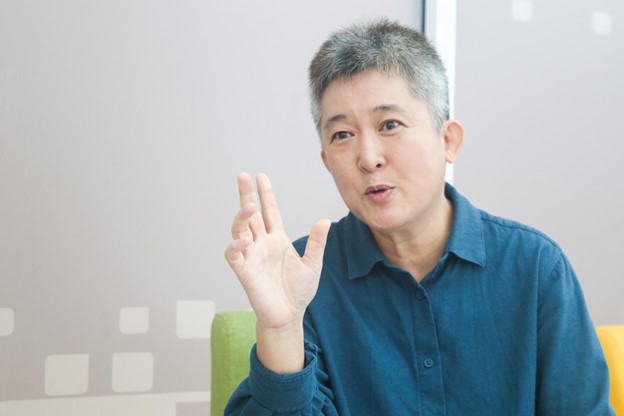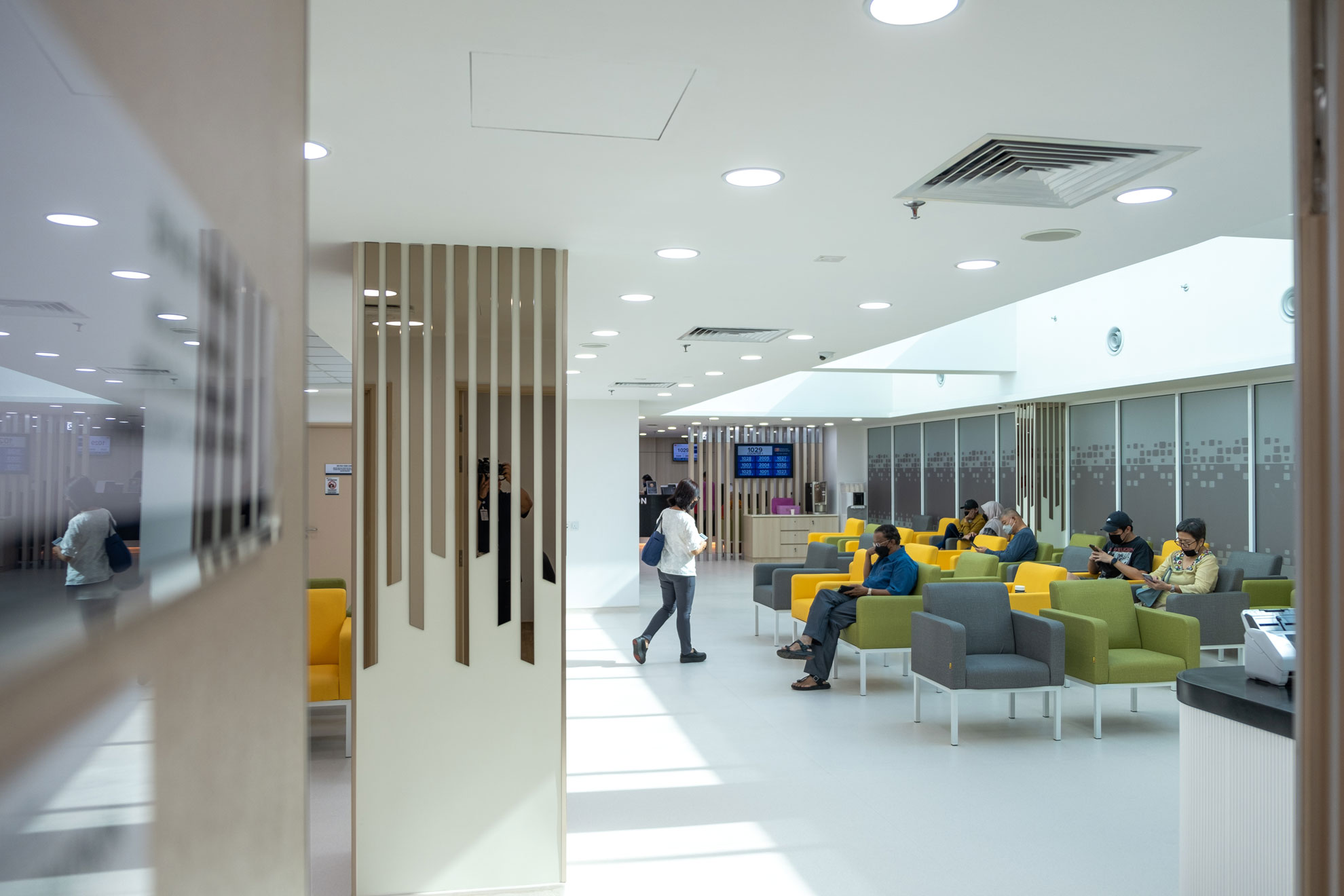Malaysian palliative care specialist dedicates 25 years of her life to offer comfort to severely-ill patients
BY MILAD HASSANDARVISH

Dr Loh Ee Chin has been at the forefront of palliative medicine since 1990s when the field was still new in Malaysia. - Picture by Choo Choy May
KUALA LUMPUR, March 8 – The word dedication may mean different things to different people.
But for Dr Loh Ee Chin, a Palliative Medicine Physician at Subang Jaya Medical Centre (SJMC), it meant going all out to ensure patients with critical and life-limiting illnesses do not suffer from pain.
For over 25 years, Dr Loh has been at the forefront of palliative care in Malaysia—a field of medicine dedicated to helping patients live a full life and to live well—from the time it wasn’t even established back then.
Recalling her early years in healthcare, Dr Loh said she was only a senior medical officer back in the 1990s when her mentor introduced her to the field of palliative medicine. At that time, she said the idea of palliative care was still new here and it was not considered an area of speciality in the healthcare system.
“So I took the palliative medicine programme and graduated without finding a job at that time.”
Six months after graduation, Dr Loh said she received a call from a kind oncologist she met during the course and was offered to go to Singapore. After seeing the palliative facilities in Singapore, she was convinced to take the offer and worked at Dover Park Hospice for a year.
Despite having a comfortable job, her heart was still in Malaysia and she decided to come back to serve the people here.
Starting from scratch
Following her one-year stint in Singapore, Dr Loh returned to Malaysia and began her service at charitable organisation Hospis Malaysia.
“When I started at that time, we only had 10 patients but the demand was growing. After about a year I started to receive more phone calls as more people got to know about palliative care.”
Despite the growing demand, she said they couldn’t attend to all the calls as their services were limited to only Klang Valley due to the lack of resources. Recalling a phone call from over 20 years ago, Dr Loh said a mother of a teenage boy with cancer sought palliative care services to soothe her son’s pain.
“Unfortunately, she was staying near Genting Highlands and it was out of our coverage. The mother then questioned me how we can say we care for the dying but can’t even see her son,” said Dr Loh while choking on her emotions.
It was at that point she realised that what she was doing wasn’t enough and eventually left Hospis Malaysia.
She then joined a group of friends to set up Kasih Hospice Foundation in 2003 with a mission to serve more people.
“When I set up Kasih Hospice I told myself that if there is someone in need anywhere in West Malaysia, I will try my best to attend to them at home.”
She pledged to serve Kasih Hospice as a full-time volunteer doctor for three years.
“But again, we faced the same problem of not being able to serve everyone when the demand increased. Then I realised that I cannot see myself providing services all the time.”
She joined the University of Malaya (UM) in 2007 to establish a palliative care unit, providing education and training to nurses, doctors, and volunteers. She hoped that this would result in more hands that would serve patients in the entire nation.
Over the years, Dr Loh managed to train many doctors in the area of palliative care and pain management before she retired last year.
As she is still passionate about non-profit work, she hats the medical advisor role in ASPAC – Assisi Palliative Care Centre, a charitable, not-for-profit organisation established to provide “Hospice-At-Home” care.
Recently, Dr Loh joined Subang Jaya Medical Centre (SJMC) as their Palliative Medicine Physician. She provides support to patients and their family by giving relevant information so they can make informed decisions on their treatment.
The centre provides advanced cancer treatment options with a full range of services on the same floor to minimise movements for the patients.

The new harmatology, oncology and palliative care clinics at SJMC - Picture by Subang Jaya Medical Centre
Going beyond end-of-life care
Although palliative care was originally designed to care for patients with life-limiting conditions, Dr Loh said the concept has now changed to look beyond dying patients.
“Palliative care was initially designed for very ill people to make sure they have a good death.”
Today, however, she said they look into pain reduction, improving the quality of patient’s life and active symptom management.
“The landscape has changed. Many patients ask me why you only come to see me when I’m in pain and dying.”
Dr Loh said last time there was a requirement to provide palliative care to only those who have 60 days to live.
“If we can treat the patient earlier to help them enjoy life, why should we limit ourselves to seeing them when they have 60 days to live?” she asked.
Speaking about the job, Dr Loh said palliative care may seem depressing due to its nature but to her, it had taught her how to appreciate life.
“It helps us to see what’s more important in life and how to appreciate life itself.”
She said her aim is to break the stigma and change the concept of palliative care from end-of-life care to active symptom management. Dr Loh believes that no one should suffer in pain and no one should suffer alone.
“With active symptom management, patients with advanced diseases can still enjoy life, feel happy and have a good quality of life.”
Source:
Malay Mail
